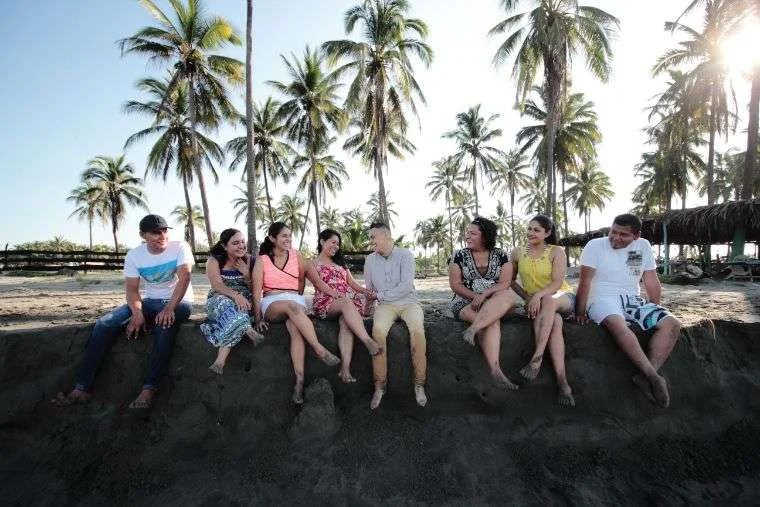Cornerstone of Southern California, located in Orange County, CA, offers specialized addiction detox and rehab services for individuals struggling with substance use disorders and co-occurring mental health conditions. The facility provides a safe, supportive environment for both men and women, with a comprehensive approach to recovery that is inclusive and tailored to meet diverse needs.
Cornerstone provides a range of programs, including detoxification, inpatient/residential rehab, outpatient care, intensive outpatient programs, partial hospitalization, aftercare, and sober living/halfway houses. Treatment modalities include Cognitive Behavioral Therapy (CBT), activity therapy, anger management, group therapy, individual counseling, and Medication-Assisted Treatment (MAT). The facility is notable for its specialized program for first responders, addressing their unique challenges in recovery, and emphasizes a holistic approach incorporating evidence-based therapies suited to individual needs. Accredited by the State of California Department of Healthcare Services, Cornerstone is in-network with most insurance providers, broadening accessibility for individuals seeking treatment.
Cornerstone of Southern California Information
Treatment
Who We Treat
- Young Adults (18–25)
- Male and Female
Approaches
- 12-Step-Based
- Twelve Step
- Family Therapy
- Group Therapy
- Cognitive Behavioral Therapy (CBT)
- 1-on-1 Counseling
- Medication-Assisted Treatment (MAT)
- Online Therapy
- Life Skills Training
- Relapse Prevention Counseling
Conditions We Treat
- Gambling
- Co-Occurring Disorders
Substances We Treat
- Alcohol
- Benzodiazepines
- Chronic Relapse
- Opioids
- Cocaine
- Methamphetamine
Languages
- English
Aftercare
- Continuing Care
- Support Meetings
Level of Care
- Outpatient Detox
- Detox
- Residential Rehab
- Co-Occurring Mental Health
- Aftercare/Continuing Care
Experience
Smoking and Vaping Policy
- Smoking Allowed in Designated Areas
- Vaping Allowed in Designated Areas
Accreditations
-
The Joint Commission
The Joint Commission accreditation for addiction and behavioral health is a prestigious recognition signifying a facility's commitment to delivering high-quality care and safety for individuals dealing with substance abuse and mental health issues. It involves rigorous evaluations and assessments, ensuring patients receive evidence-based treatment and exceptional care. This accreditation demonstrates a facility's dedication to continuous improvement and ethical practices, building trust among patients and healthcare professionals seeking top-tier addiction and behavioral health services.

-
NAATP
The NAATP accreditation is a recognized addiction and behavioral health standard. This accreditation signifies that a treatment facility or program has met specific criteria and standards set by NAATP, demonstrating a commitment to providing quality care and services to individuals seeking treatment for addiction and behavioral health issues. Facilities and programs accredited by NAATP are evaluated on their adherence to established best practices, ensuring that clients receive comprehensive, evidence-based care to support their recovery journey.

-
SAMHSA certification for opioid treatment program (OTP)
SAMHSA's Opioid Treatment Programs (OTPs) accreditation is a rigorous recognition process that signifies an OTP's commitment to providing high-quality care for individuals dealing with opioid use disorders. It assures patients, families, and the community that the program adheres to evidence-based practices, employs qualified staff, and maintains a safe treatment environment. This accreditation is a symbol of quality and accountability, offering confidence in the program's ability to support individuals on their path to recovery from opioid addiction.
-
State department of health
Government agencies issue State Licenses, granting permission to rehabilitation organizations to conduct their business operations lawfully within specific geographic regions. Generally, the particular rehabilitation programs offered by a facility and its physical location dictate the necessary licenses needed for legal operation.

Additional Locations
Cornerstone of Southern California Accepts The Following Insurance Plans
Find the best treatment options. Call our free and confidential helpline today!






















